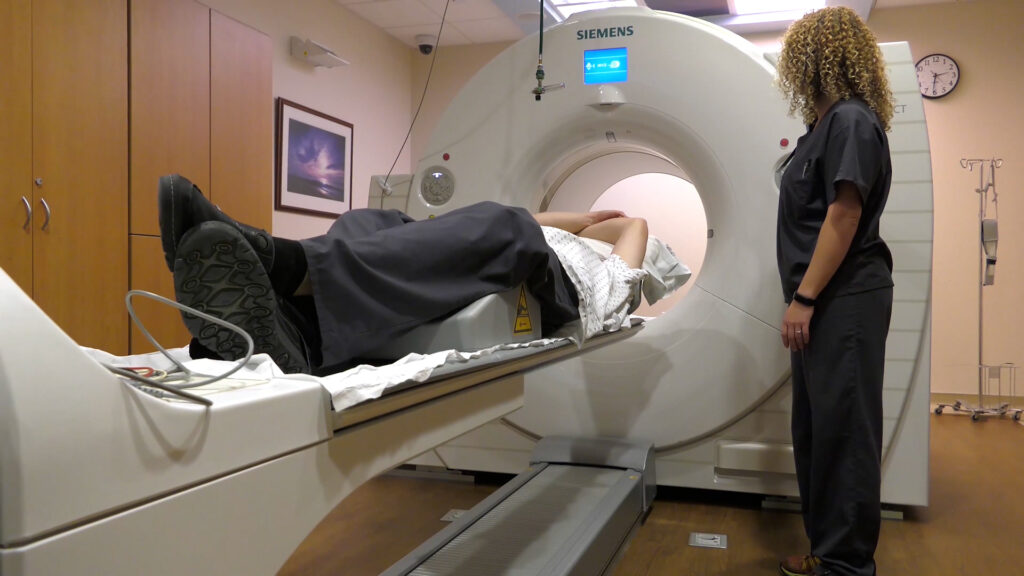A study in more than 40,000 patients has shown that those who had any detectable levels of calcium in the coronary artery were two to three times more likely to die within the next five years, with only about a quarter of those deaths being caused by cardiovascular disease. These findings were presented this weekend at the American Heart Association Scientific Sessions 2025.
“Someone’s coronary artery calcium score could be a more powerful predictor of a person’s overall health than we previously thought,” said Jeffrey L. Anderson, MD, distinguished clinical and research physician at Intermountain Health and principal investigator of the study. “We know that not having any coronary artery calcium is a predictor of being in good coronary health, but we were surprised to find that it may also be a sign you’re in good general health.”
Computed tomography (CT) scans are routinely used to assess the severity of coronary artery disease by measuring the calcium deposits that form in atherosclerotic plaques in coronary arteries. Generally, the higher the coronary artery calcium (CAC) score, the higher the risk of a patient suffering a heart attack in the future.
The retrospective study looked at the medical records of 40,018 patients at Intermountain Health who underwent a CT scan after their doctors determined they were at risk of developing heart disease. Nearly 20% of patients had a CAC score of zero, showing no evidence of coronary artery calcium; researchers found these patients were up to three times less likely to have died in the next five years compared to those who had any levels of coronary artery calcium.
Of all the deaths reported in patients with coronary artery calcium, only about 25% were due to cardiovascular disease, highlighting the CAC score as a strong predictor of all-cause mortality.
“We don’t know the mechanism for this extended benefit, but coronary plaque may be correlated with plaque in blood vessels in other parts of the body, and having atherosclerosis may also negatively impact immune surveillance, an important protective mechanism against cancer,” said Anderson.
Going forward, the research team plans to conduct further studies looking into the non-cardiovascular deaths reported in the study and stratify their causes to find any potential links between coronary artery calcium and all other causes of death.
“This may help uncover the mechanism of why a coronary artery calcium score predicts death due to non-coronary artery problems,” said Anderson. “It’s not clear to us right now, and it requires more study, but it’s a very interesting observation and suggests that coronary artery calcium has prognostic value beyond just heart attacks and other heart-related causes.”
A smaller, independent study from Intermountain Health, also presented at the American Heart Association Scientific Sessions 2025, found that CAC CT scans can also be useful in a clinical context to identify medical issues unrelated to cardiovascular health. Among 2,284 healthy patients who received a CAC CT scan, 8.5% were found to have potentially significant medical findings in any of the other organs included in the scanned area, such as the esophagus, liver, kidney, breast and other regions of the heart.
Notably, one of the patients enrolled in the study had an emergency surgery for an aneurysm that was detected during his scan. Taken together, these results highlight the potential of CT scans as a minimally invasive method to assess patient health beyond the cardiovascular system.
“We’re confident in saying we’ve saved at least one life through this study and that this tool may be useful in other preventive ways,” said Brent Muhlestein, MD, co-director of research at Intermountain Medical Center. “We’ll continue to explore these findings as a preventive health tool.”

